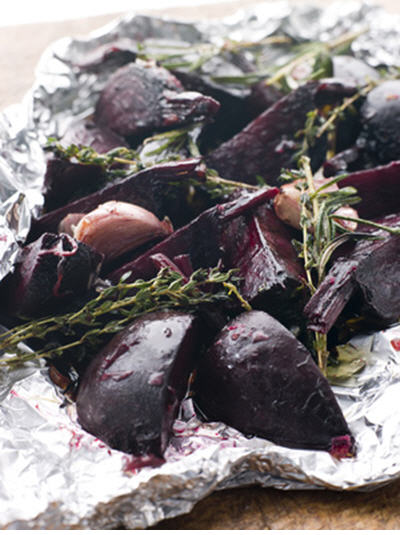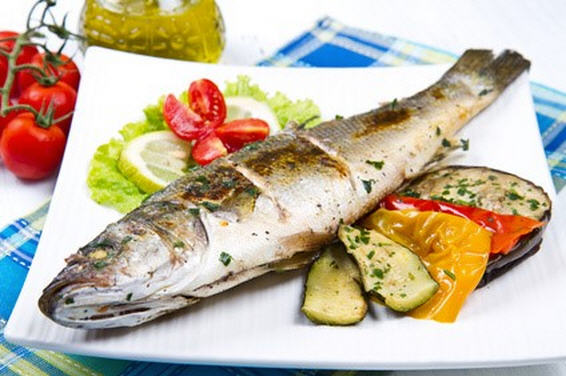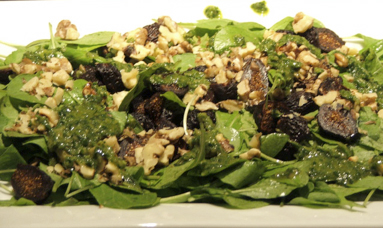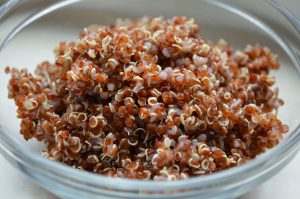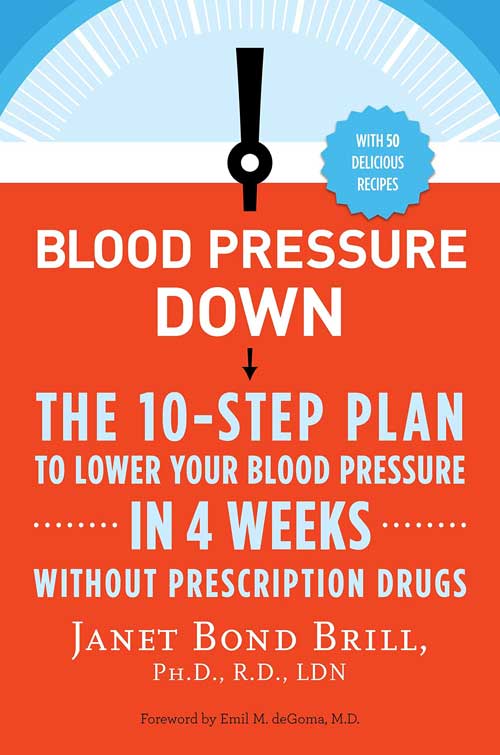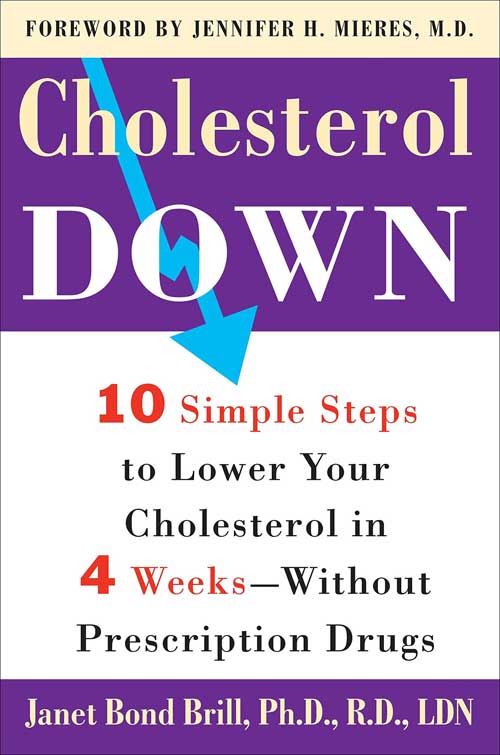By amanda

The Paleolithic diet – often known as the Paleo diet – is based on a simple and straightforward principle: If the cavemen didn’t eat it, you shouldn’t either.
On the paleo diet, you are restricted from eating highly processed carbs, dairy, legumes and grains. Instead, you’ll load up on foods that supposedly your prehistoric ancestors consumed, including meat, fish, poultry, fruits, and vegetables.
The typical macronutrient breakdown is about 35% fat, 35% carbohydrates, and 30% protein. Translation, this is another super high protein, high fat, low carb fad diet disguised as a healthy way to lose weight.
This high-protein (especially animal protein) diet is ranked poorly among U.S. News experts, who consider it too restrictive to be healthy or sustainable.
New research out of Australia has found that people who follow the Paleo diet have high levels of a blood substance tied to heart disease. The investigators hail from four different research institutions in Australia: the School of Medical and Health Sciences and the School of Science, both at Edith Cowan University, in Joondalup; the School of Molecular and Life Sciences, at Curtin University, in Bentley; PathWest Laboratory Medicine, in Nedlands; and CSIRO Health and Biosecurity, in Adelaide. The researchers’ findings appear in the European Journal of Nutrition.
The researchers found that, across Paleo groups, individuals presented heightened blood levels of a compound that specialists associate with heart disease called trimethylamine N-oxide (tmao). Tmao forms in the gut, and its levels depend on what a person eats. What’s more, the number of “good” bacteria was much lower in the Paleo groups, linked with their reduced carbohydrate intake, which may have consequences for other chronic diseases over the long term.
A lack of whole grains is associated with tmao levels, which may provide an explanation for the reduced risks of cardiovascular disease observed in populations with high intakes of whole grains.
Additionally, the Paleo diet includes a large amount of red meat, which provides the precursor compounds to tmao, plus they consumed twice the recommended level of saturated fats, which is clearly linked to high cholesterol levels.
Another recent study out of Tulane, looked at the impact of different diets on the climate. The keto diet, which prioritizes high amounts of fat and low amounts of carbs, was estimated to generate almost 3 kg of carbon dioxide for every 1,000 calories consumed. The paleo diet, which eschews grains and beans in favor of meats, nuts, and vegetables, received the next lowest diet quality score and had a high carbon footprint, at 2.6 kg of carbon dioxide per 1,000 calories. On the other end of the spectrum, a vegan diet was found to be the least impactful on climate, generating 0.7 kg of carbon dioxide per 1,000 calories consumed, less than a quarter of the impact of the keto diet.
The takeaway? Eat more plants and much less animal for both your heart health and the health of our planet.




